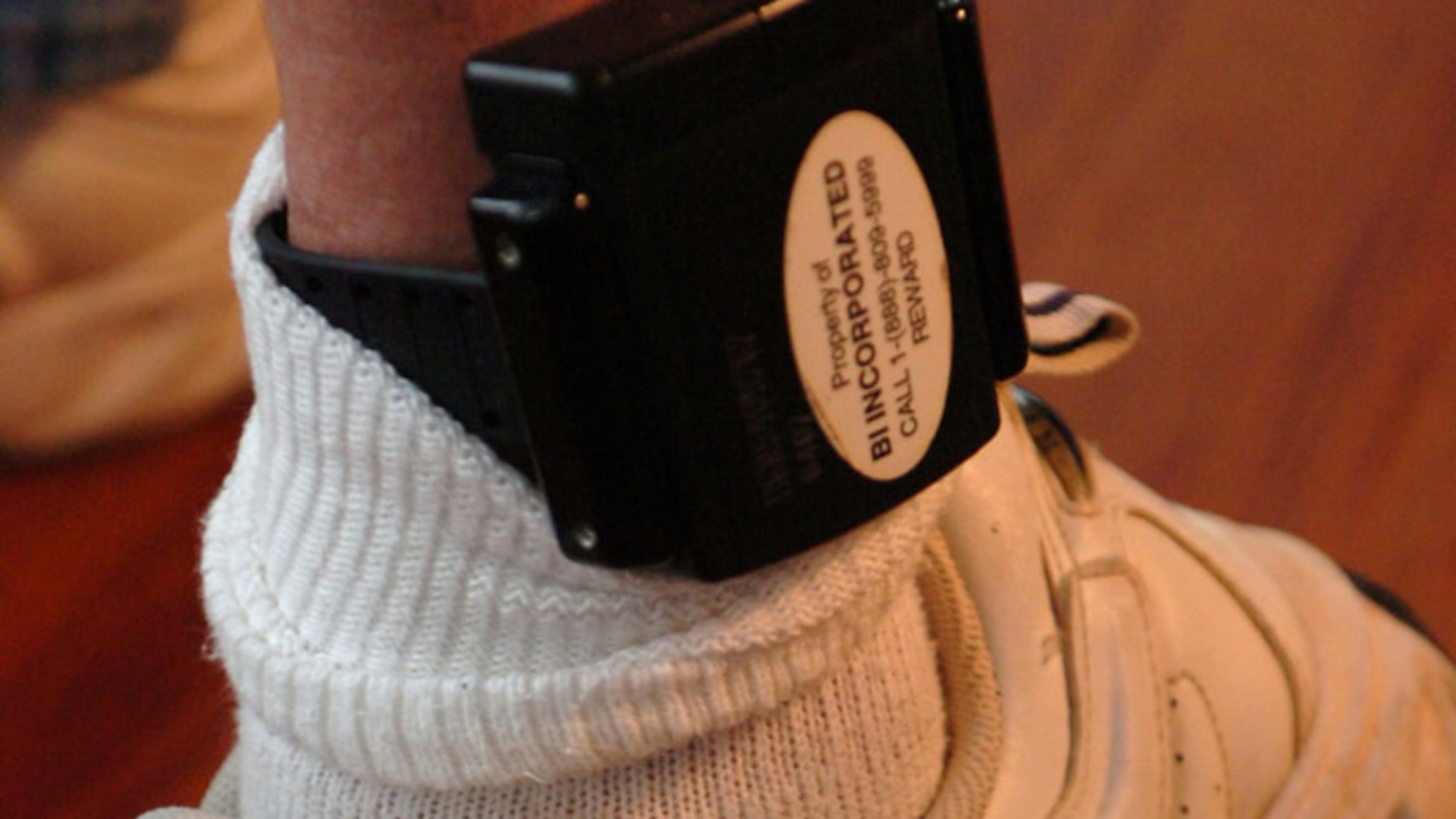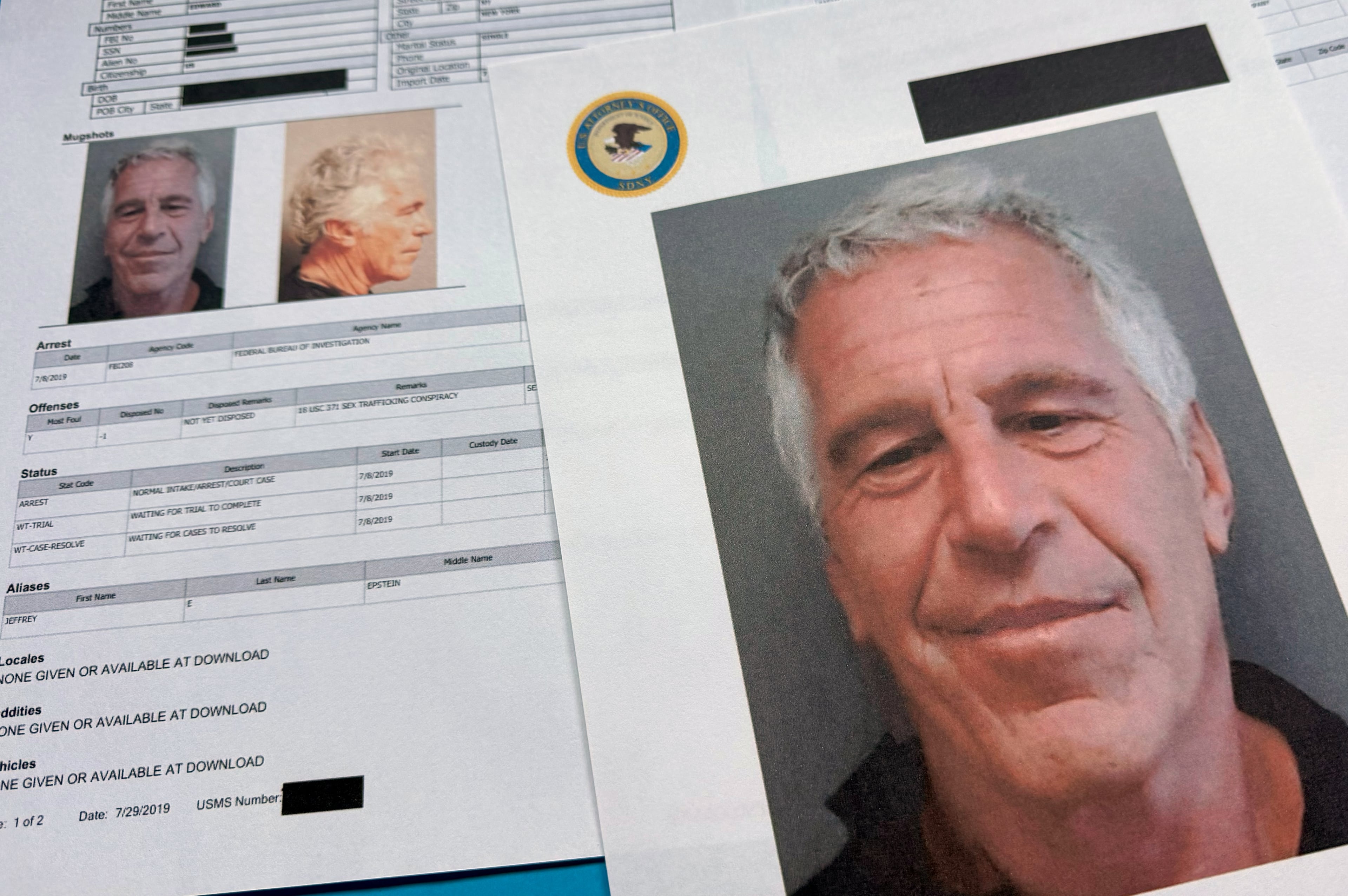Court rules private probation legal but extending sentences is not

The Georgia Supreme Court ruled that it is constitutional for private probation companies to supervise misdemeanor offenders but illegal for courts to lengthen a probationer’s sentence after it’s been imposed.
The ruling was released Monday in a lawsuit that contended that Sentinel Offender Services and other private probation companies were illegally imposing requirements such as electronic monitoring and extended sentences on probationers. The court partially affirmed and partially reversed earlier rulings in the case.
Sentinel may have to reimburse fees collected from probationers in one county, Columbia, because the court said it did not have a legal contract with the county.
Georgia uses private probation companies more than any other state. Those companies collect about $40 million a year in supervision fees from low-level misdemeanor offenders, primarily from people who didn’t have the means to pay court fines for offenses such as illegal lane change, drunken driving or trespassing.
One of the lawyers for the probationers called the system “cash register probation” because additional requirements are tacked on by the companies in order to increase fees they can collect.
Private probation company lawyer James Ellington argued before the court earlier this year that without the current system, municipal and state court judges would simply have to jail people who couldn’t pay fines immediately because there would be no way to enforce their sentences. Consequently, jails would become crowded and taxpayers would have to cover the costs of keeping low-level misdemeanor probation violators locked up.
A national debate about private probation started last year after lawsuits were filed in east Georgia claiming that Sentinel was squeezing probationers for fees they could not afford. The suits say Sentinel threatened some probationers with jail to push them to stay current on their payments to the company.
In 2000, Georgia cleared the way for private companies to supervise low-level offenders, claiming it freed up overburdened state probation workers while costing taxpayers nothing.
But records reviewed by The Atlanta Journal-Constitution earlier this year show some in the industry have pocketed large fees while, in at least some cases, doing little to supervise those under their watch. And despite promises that taxpayers would pay nothing to supervise the offenders, they have footed the bill when the probationers are arrested and jailed because they owe money to the company, not the courts.
Chief Justice Hugh Thompson, writing in a unanimous decision for the court, said, “While the supervision of probation is a function historically performed by state probation officers, the mere act of privatizing these services does not violate due process.”
Monday’s decision came a year ago after Superior Court Judge Daniel Craig ruled that the law doesn’t allow the private sector to impose electronic monitoring, drug and alcohol testing or counseling.
The Supreme Court ruled judges had the authority to impose electronic monitoring on probationers but could not lengthen a sentence beyond what was originally ordered.
Craig had ruled state court judges, who hear misdemeanor cases, did not have the constitutional authority to toll a sentence, or stop the clock from running on a sentence of a probationer whom the private companies had said stopped reporting. Private probation companies say they would have no power without tolling because a probationer could “hide out” for the entire sentence and let the clock run out.
While Craig’s order applied only to the three counties in the Richmond Judicial Circuit, the Supreme Court ruling could affect all 32 companies in Georgia. The companies are supervising about 340,000 misdemeanor probationers statewide at any given time.
About 80 percent of Georgians on misdemeanor probation are supervised by for-profit companies. Many Georgians are placed on probation simply to give them time to pay off traffic fines they couldn’t afford on the day they went to court.
Sarah Geraghty, a senior attorney at the Southern Center for Human Rights, said after Monday’s ruling was released, “The overarching lesson is that county and municipal courts need to do a better job of ensuring that private probation companies are operating within the bounds of the law.”
Regardless of the court’s decision, the industry and advocates for the probationers are expected to resume their efforts to win legislative changes next year.
In the 2014 session, municipal and state court judges pushed for reforms, claiming that their courthouses would fall into chaos without private probation services, which are funded by supervision fees the offenders pay. The judges said local governments are not set up to provide supervision.
Gov. Nathan Deal vetoed the industry bill that was passed earlier this year because it also would have protected companies from public disclosure of how they operate and their profits.
In the weeks leading up to the veto, seven probation companies contributed to Deal’s re-election campaign. In the previous four years the governor had received only three other donations from probation companies. In fact, when Deal was running for the Republican nomination for governor in 2009 and 2010, a top officer for Sentinel contributed $3,000 to his eventual Democratic opponent, former Gov. Roy Barnes, who was in office when the private probation program was started.
In all, the industry and its top employees have contributed or loaned more than $140,000 to state candidates, parties or judges since 2006, according to campaign disclosure records.
The industry’s trade group, the Community Corrections Association, employs GeorgiaLink, one of the top lobbying firms at the Capitol.
Deal has directed a panel of criminal justice experts to study the state’s misdemeanor program system and make recommendations for changes.


